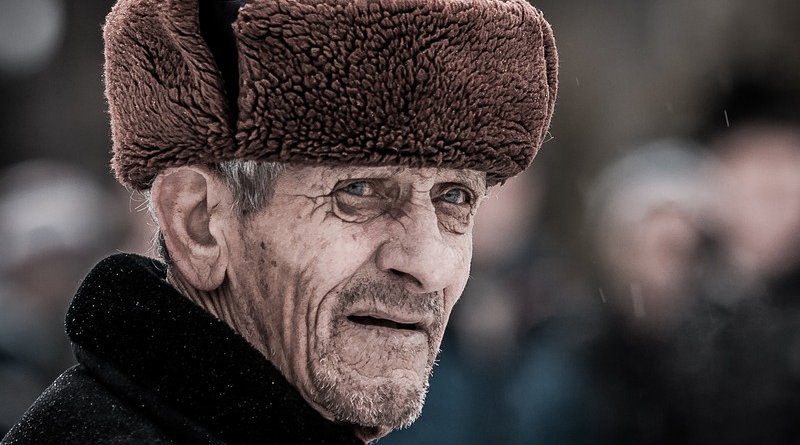Raising Retirement Ages Likely To Make Russia’s Demographic Problems Even Worse – OpEd
By Paul Goble
Declining birthrates mean fewer Russians are entering the workforce, rising educational attainment means many young people aren’t contributing to the pension fund, and the growing size of the army means that many younger people who had been in the economy are not no longer available to do so.
To address the consequences of this combination of factors, many analysts and policymakers have pushed for raising the pension age, an unpopular step to be sure but one that will keep more workers on the job longer and reduce the costs of pensions by cutting the average number of years they must be paid.
But a new study by Inna Kulkova of the Urals University suggests that this supposed “solution” in fact may end by making Russia’s demographic problems even worse. Raising the pension age, she finds, will lower the number of births of second and third children by seven to 11 percent (profile.ru/society/gody-berut-svoe-kak-povyshenie-pensionnogo-vozrasta-vliyaet-na-demografiju-i-ekonomiku-1258712/).
That is because in many cases there won’t be any still-vigorous grandmothers and grandfathers to look after such children and so potential parents will decide not to have more children because they would have to spend money they don’t have in order for someone to look after them.
An all-Russian survey of women in the prime childbearing cohort bears this out, she says. “About 60 percent of Russian women who are employed say that they could on help from their parents to look after their children. Without it, they are ready to give birth to only one child,” not the two to three necessary to keep the population from declining further.
Nonetheless, the idea of raising retirement ages is likely to remain as popular among officials as it is unpopular among working-age adults. But the consequence of actually doing so are almost certain to be negative and at the very least undercut other demographic outcomes the powers that be want.


Raising Retirement Ages likely to make Russia’s Demographic problems even worse? Strange analysis! By the time an individual retires he or she would be around 60 years and they have their grown up children. Nearing their retirement age individuals are reasonably well settled AND couples do not think of producing children to increase their old age problems. So how raising the pension age will lower the number of births and make RUSSIA’s Demographic problems worse? In Russia retirement age for men is 60 and women 56.Most European countries and the US the retirement age is around 65.So have their retirement age created any Demographic problems.